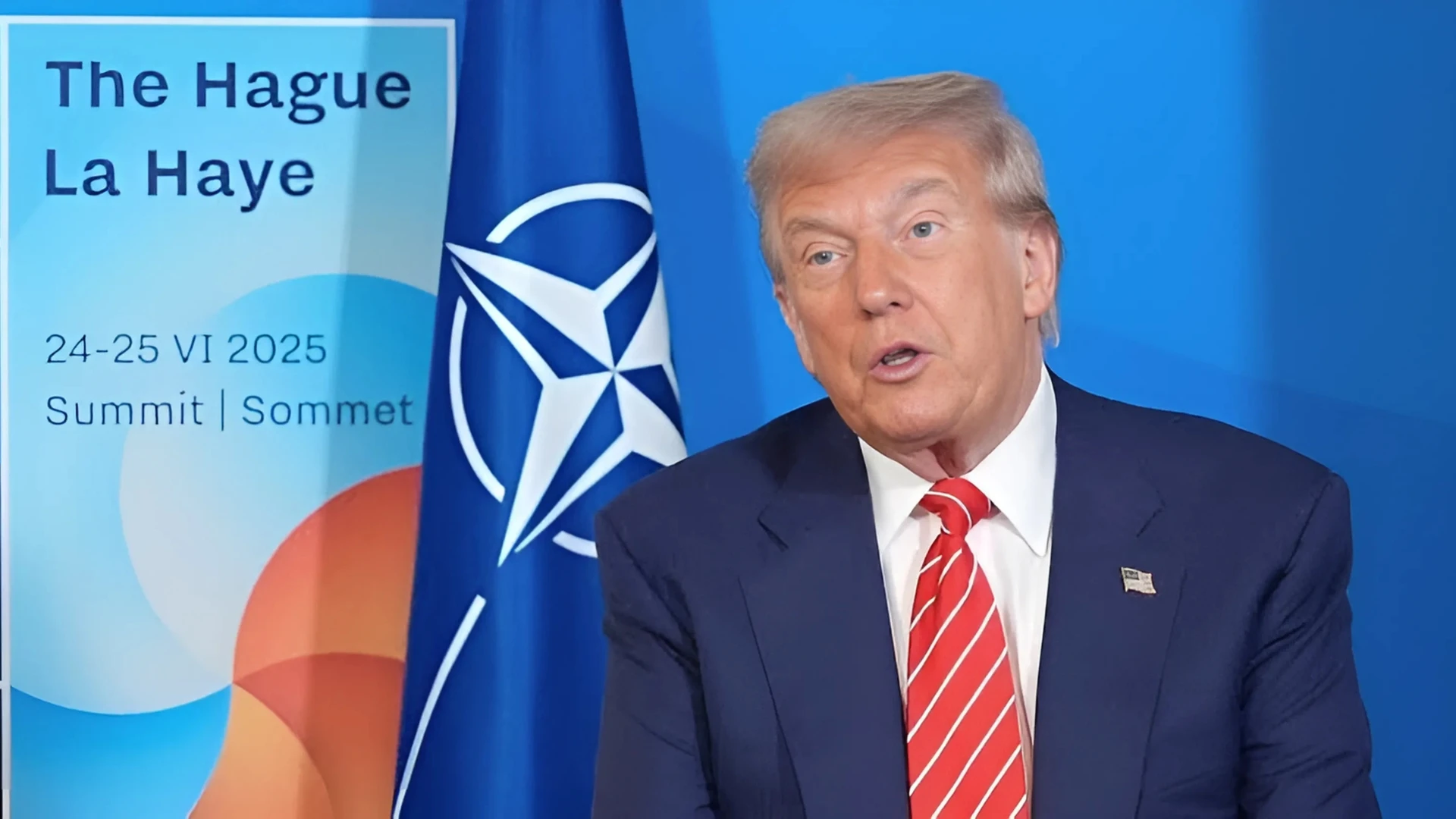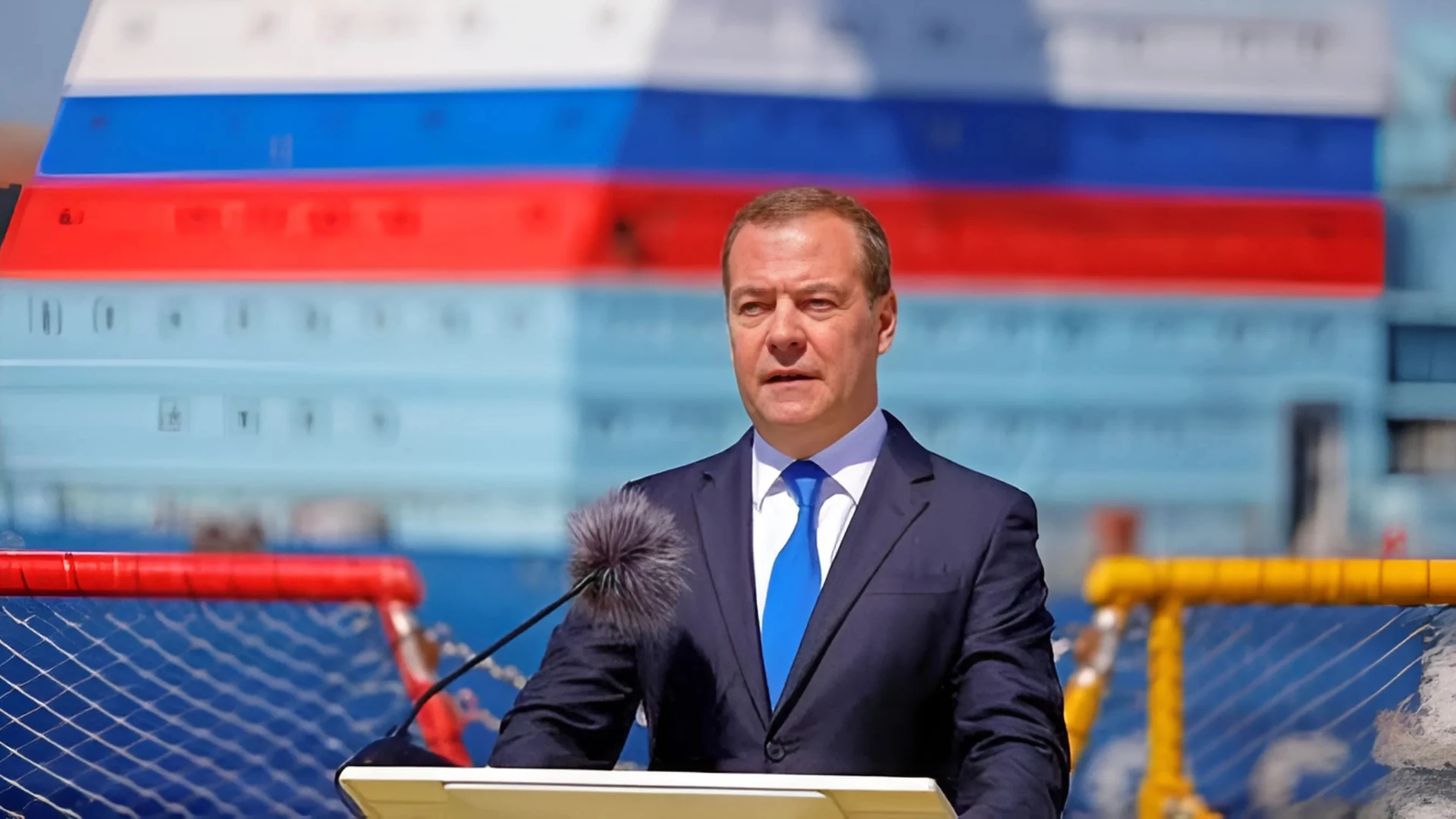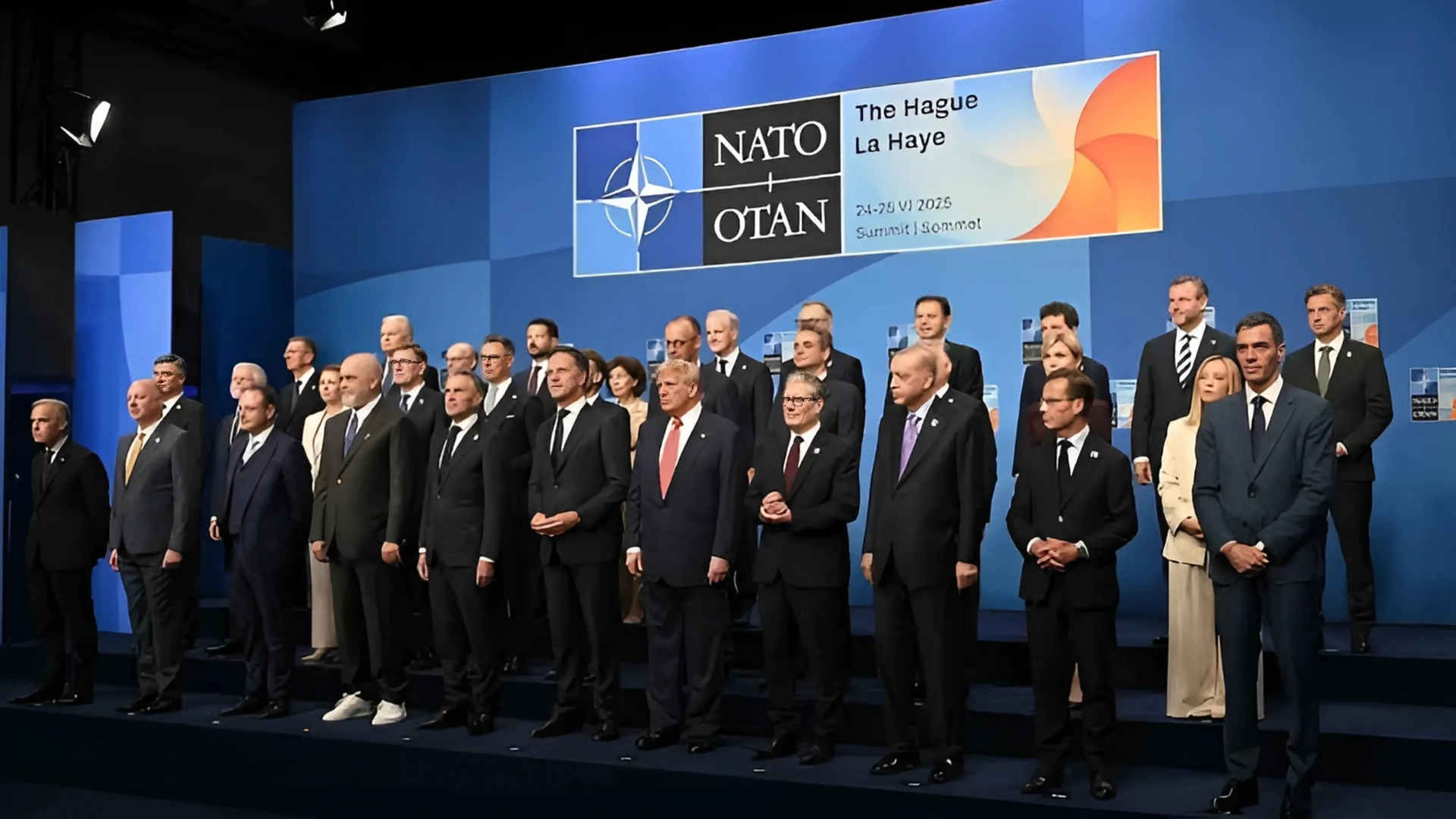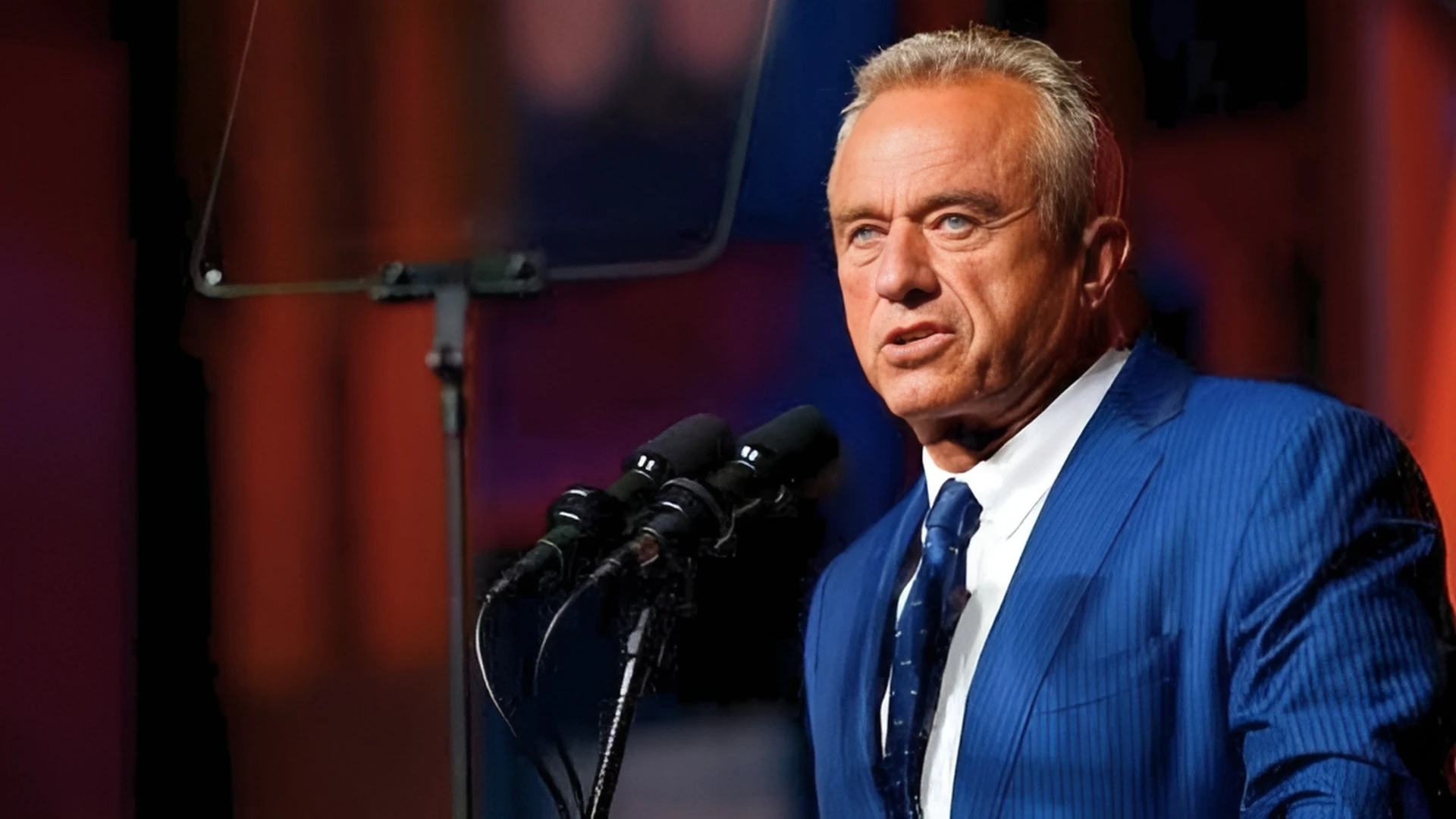Brussels: Polish Prime Minister Donald Tusk has called on the European Union to take a bold step by confiscating Russia’s frozen central bank assets to finance ongoing financial and military aid for Ukraine.
Tusk made his appeal on social media, stressing that the time for discussions had passed. "Enough talking, it's time to act," he posted on X. "Let's finance our aid for Ukraine from the Russian frozen assets."
The EU has so far only utilized the interest generated from these frozen assets—valued at approximately €210 billion—but has refrained from outright confiscation due to legal concerns. International law protects sovereign assets, making their seizure a complex and potentially risky move.
Tusk’s call for decisive action comes as fears grow over the future of U.S. support for Kyiv. U.S. President Donald Trump, currently engaged in a tense dispute with Ukrainian President Volodymyr Zelenskyy, has signaled a shift in Washington’s stance. His recent remarks, in which he blamed Ukraine for the war and labeled Zelenskyy a "dictator without elections," have fueled concerns over American commitment to Kyiv’s defense.
U.S. Secretary of Defense Pete Hegseth has reinforced this uncertainty, stating that Europe should assume the primary responsibility for providing military and humanitarian support to Ukraine. He also signaled a shift in U.S. strategic priorities, indicating a stronger focus on the Pacific region rather than Europe.
With Washington stepping back, the EU faces mounting pressure to ramp up its defense spending. However, many national budgets remain under strain, and economic stagnation has left limited funding options. The potential confiscation of Russian assets offers a way to bridge this financial gap, but the move would require unanimous approval from all EU member states—a significant hurdle given opposition from Hungary and reservations from Germany.
The Kremlin has already warned of retaliation if the EU move forward with asset confiscation, further complicating the decision.
Beyond asset seizures, Tusk has also called for enhanced air policing, stronger Baltic security measures, and reinforced EU borders with Russia. Additionally, he has urged the bloc to introduce new fiscal measures to support its expanding defense responsibilities.
EU leaders are now considering revising fiscal regulations to allow for greater defense spending flexibility. European Commission President Ursula von der Leyen recently proposed triggering an “escape clause” to ease fiscal constraints and bolster military investments.
According to estimates, the EU will need to invest €500 billion in defense over the next decade—not just to support Ukraine, but to ensure its own security in case it must act without U.S. backing.
Poland’s Foreign Minister Radosław Sikorski has also suggested creating a dedicated "rearmament bank" to facilitate increased military spending, adding to the growing list of proposals aimed at securing Europe’s long-term defense.








